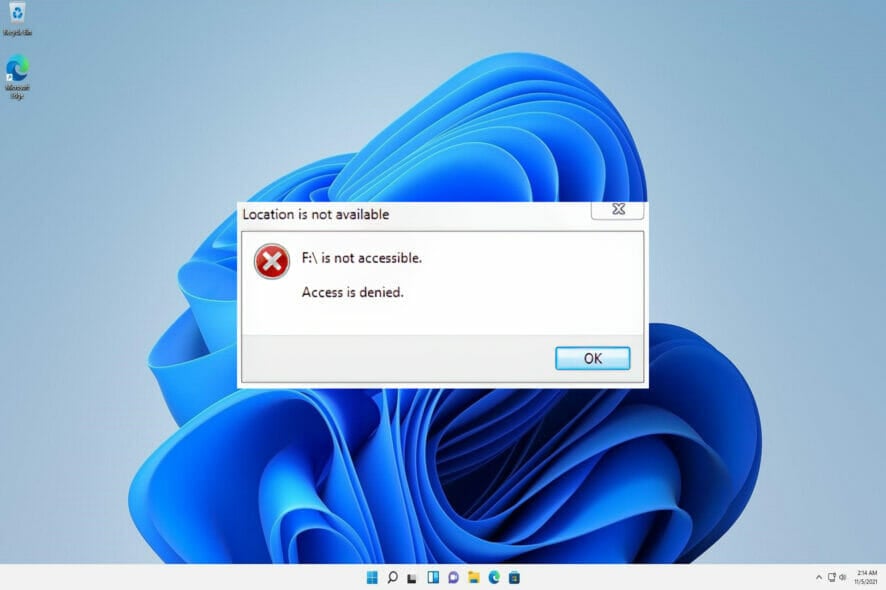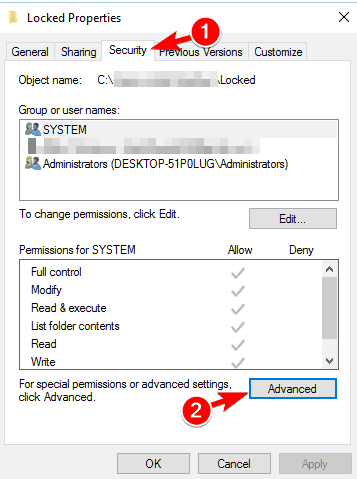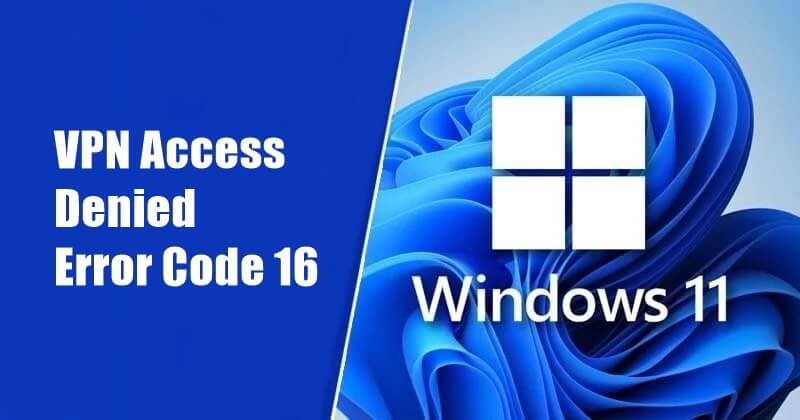Access Denied: Understanding Windows 11 2025 Security Enhancements
Access Denied: Understanding Windows 11 2025 Security Enhancements
Related Articles: Access Denied: Understanding Windows 11 2025 Security Enhancements
Introduction
In this auspicious occasion, we are delighted to delve into the intriguing topic related to Access Denied: Understanding Windows 11 2025 Security Enhancements. Let’s weave interesting information and offer fresh perspectives to the readers.
Table of Content
Access Denied: Understanding Windows 11 2025 Security Enhancements
![Access is Denied in Windows 11 [ See Pinned Comment ] Local Drive Access Limit Fixed - YouTube](https://i.ytimg.com/vi/CCCSbai9Nmo/maxresdefault.jpg)
Introduction
Windows 11 2025, the latest iteration of Microsoft’s flagship operating system, introduces a comprehensive suite of security enhancements designed to protect users from unauthorized access and data breaches. Among these measures is the "Access Denied" feature, which plays a critical role in safeguarding sensitive information and system integrity.
Understanding Access Denied
Access Denied is a security mechanism that prevents unauthorized users from accessing specific files, folders, or system settings. It works by verifying the user’s identity and checking for appropriate permissions. If the user does not have the necessary permissions, the system will display an "Access Denied" error message, effectively blocking their access.
Importance of Access Denied
Access Denied is crucial for several reasons:
- Protects Sensitive Data: It prevents unauthorized individuals from accessing confidential information, such as financial records, personal documents, or trade secrets.
- Maintains System Integrity: By restricting access to critical system settings, Access Denied safeguards the operating system from malicious modifications that could compromise its stability or security.
- Enforces Compliance: Organizations can use Access Denied to comply with industry regulations and standards that require the protection of sensitive data.
How Access Denied Works
Access Denied operates through a combination of user authentication and permissions management:
- User Authentication: When a user attempts to access a protected resource, the system verifies their identity through methods such as passwords, biometrics, or security tokens.
- Permissions Management: The system then checks if the user has the necessary permissions to access the resource. Permissions are typically assigned by system administrators or file owners.
Frequently Asked Questions (FAQs)
-
Why am I getting an "Access Denied" error?
You may be getting this error because you do not have the required permissions to access the resource. Contact your system administrator or the file owner to request access. -
How can I change the permissions for a file or folder?
Right-click on the file or folder, select "Properties," then click on the "Security" tab. Here, you can view and modify the permissions for different users and groups. -
What should I do if I forget my password?
You can reset your password through the Windows recovery options. For detailed instructions, refer to Microsoft’s support documentation.
Tips
- Use strong passwords: Create complex passwords that include a combination of uppercase, lowercase, numbers, and special characters.
- Enable two-factor authentication: Add an extra layer of security by requiring a second form of authentication, such as a code sent to your phone.
- Regularly review permissions: Periodically check the permissions for important files and folders to ensure they are still appropriate.
- Be cautious of suspicious links and attachments: Avoid clicking on links or opening attachments from unknown senders, as they may contain malware that can bypass security measures.
Conclusion
Access Denied is an essential security feature in Windows 11 2025 that safeguards sensitive data, maintains system integrity, and enforces compliance. By understanding how it works and following the recommended tips, users can effectively protect their systems and information from unauthorized access.



![Fix Access Denied Error on Windows 11 [Tested Approach 2023]](https://10scopes.com/wp-content/uploads/2022/12/fix-access-denied-error-on-windows-11.jpg)

![How to Resolve Access Denied Issues in Windows 11 [See Also: Pinned Comment] - YouTube](https://i.ytimg.com/vi/wlHqLWcYwvM/maxresdefault.jpg)


Closure
Thus, we hope this article has provided valuable insights into Access Denied: Understanding Windows 11 2025 Security Enhancements. We thank you for taking the time to read this article. See you in our next article!